What is Beta-caryophyllene?
Beta-caryophyllene (BCP) is everywhere; you encounter it every day. It is a major constituent of over 170 plants, including rosemary, hops, cloves, cannabis, and black pepper.
It has a long history of being used as an active ingredient in food and industrial products we encounter daily. BCP is responsible for the spiciness of pepper and other commonly utilized food ingredients, thus earning it the FDA's GRAS (Generally Recognized as Safe) status.
It is one of the first compounds to be isolated from the cannabis plant and exhibits an excellent interaction with the body’s cannabis receptors. Cannabis receptors are specialized structures in our bodies that receive cannabinoids (e.g., CBD, THC, CBG, and CBN) and process their beneficial roles.
BCP has a woody or spicy smell and citrusy or spicy flavor that has been widely utilized as a flavor and fragrance ingredient since 1930.
It has been used as a major ingredient in soap, detergent, perfume, cream, lotions, baked goods, frozen dairies, condiment relish, chewing gums, and alcoholic and non-alcoholic beverages for over 100 years. It is the first known dietary cannabinoid approved by the FDA for food use.
As a constituent of the cannabis plant, BCP is one of the few terpenes that can interact with cannabinoid receptors. It is often confused as a cannabinoid since it exhibits a CBD-like effect when interacting with the CB2 receptor.
Although terpenes like Beta-pinene, linalool, geraniol, and alpha-humulene can trigger the cannabinoid receptors, BCP acts as a binding agent between cannabinoids and terpenes in a cannabis plant. It is one of the first derived compounds from the cannabis plant and has remained a pharmacologically relevant compound.
What is BCP used for?
BCP is responsible for the peppery aroma associated with smelling cracked pepper and may play an important role in spicy and musky cannabinoids.
Terpenes are full of aroma because plants primarily produce them as a defensive mechanism to wade off biological enemies like rodents, parasites, and herbivores. They are responsible for different plants' unique smells or aromas and some animals (Squirrels and Koalas).
Terpenes are unique compounds that can interact with several receptors in our body to promote healthy living. They exist in varying concentrations and combinations in plants. Scientists have identified over 400 terpenes in the cannabis plant and have successfully studied the therapeutic roles of quite a few.
BCP is one of the most researched terpenes from the cannabis plant and has shown promise in providing several health benefits, some of which are listed here. These therapeutic benefits include but are not limited to the following;
- Reduce gut inflammation
- Stop the growth and spread of pathogens like bacteria, fungi, and parasites
- Increases bone strength and prevents osteoporosis
- Combines with anticancer agent Parclitaxel to increase its activity in ten folds
- Anticancer activity
- Reduces inflammation associated with multiple sclerosis and Alzheimer’s disease
- Interacts with cannabinoid receptors to promote pain relief
- Neuroprotective and antioxidant properties that protect the brain and internal balance
- Helps the cardiovascular system by reducing levels of cholesterol
- Protects the heart and improves stroke outcomes
- Helps with Parkinson’s disease
- Anticonvulsant
- Promotes healthy skin when used in skin care products
Anxiety and depression- Sleep promoter
- Assists in dealing with alcohol addiction
- Supports weight loss
- It can protect the kidney from oxidative stress
Improves liver function- Enhances wound healing
- Promotes digestive health
- It may act as a male contraceptive by reducing sperm count
- Protects against diabetes
Many of these therapeutic benefits are laboratory studies and may show a different result when used in humans. However, it should be noted that BCP undergoes several interactions with receptors in the body to promote healthy living. It can even combine with cannabinoids like CBD and THC to promote their activity while reducing their adverse effects via the entourage effect.
How can I use Beta-caryophyllene?
BCP is available in cannabis products and is a major constituent of several herbs. You can obtain BCP in your diet by including some fresh aromatic herbs like basil, cinnamon, rosemary, black pepper, and clove in your meal. BCP may be developed into supplements and edibles.
Cannabis strains are high in Beta-caryophyllene.
As a terpene, BCP is not unique to the cannabis plant, as it has been identified from over 170 natural sources. As a constituent of the cannabis plant, BCP is highly concentrated in strains like
- Bubba Kush
- Skywalker OG
- Rockstar
- Sour Diesel
- Chemdawg
- OG Kush
- GMO Cookies
- Durban Poison
- Gorilla Glue
- Candy land
- Cookies and Cream
- Platinum GSC
- GSC
- Master Kush
- Purple Kush
The concentration may vary from strain to strain and largely depends on how the cultivar was grown and its genetics. You can always read the Certificate of analysis to confirm the concentration of BCP in each product.
Beta-caryophyllene vs. cannabinoids
BCP exhibits an excellent cannabinoid-terpene relationship with psychoactive and non-psychoactive cannabinoids. Its ability to produce a cannabimimetic (cannabinoid mimicry) effect can promote the activities of CB2 receptors. It can improve the overall effect of cannabinoids while mitigating their side effects. Although, this is, however, dependent on the cannabinoids present, their ratio, and concentration in the plant.
The terpene-cannabinoid interaction between BCP and THC can prevent the development of gastric challenges, limit the psychoactive effects of THC, and may help the body process faster. Its interaction with CBD can come in handy in assisting people in dealing with addiction and substance abuse. With other terpenes, BCP can interact with humulene to provide anti-inflammatory properties, which are excellent for fibromyalgia, bursitis, and arthritis.
Possible side effects Beta-caryophyllene
BCP has a broad pharmaceutical potential that several researchers have tested. As an FDA-approved dietary supplement, BCP may present little to no adverse side effects on users. Although it interacts with the CB1 receptors, BCP is non-psychoactive and is shown to suppress THC's psychoactive effect.
While BCP’s recommended daily intake from food is estimated at >10mg, research shows rodents can handle up to 5000mg/kg body weight without producing any deleterious effect on the test subjects. It may limit the functionality of some liver enzymes. This impaired activity of liver enzymes may trigger a negative drug-to-drug interaction. This can limit the ability of liver enzymes to metabolize some medications.
Need a little more Bluntness in your life? Subscribe for our newsletter to stay in the loop.
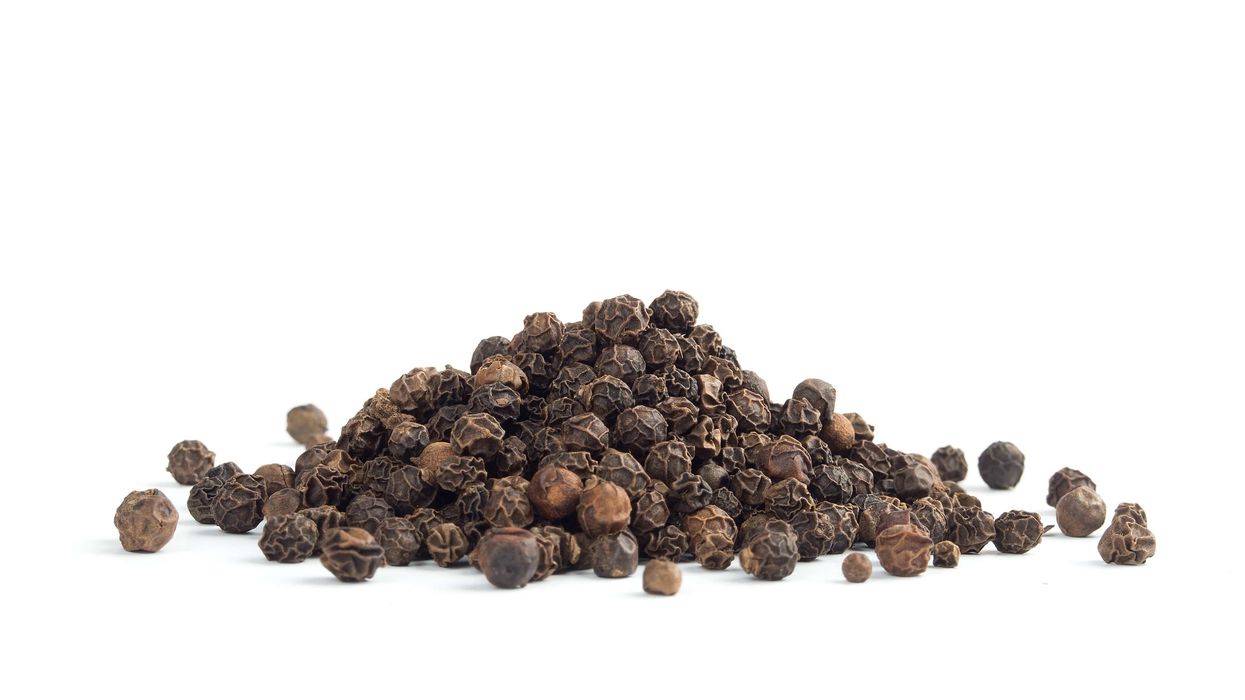

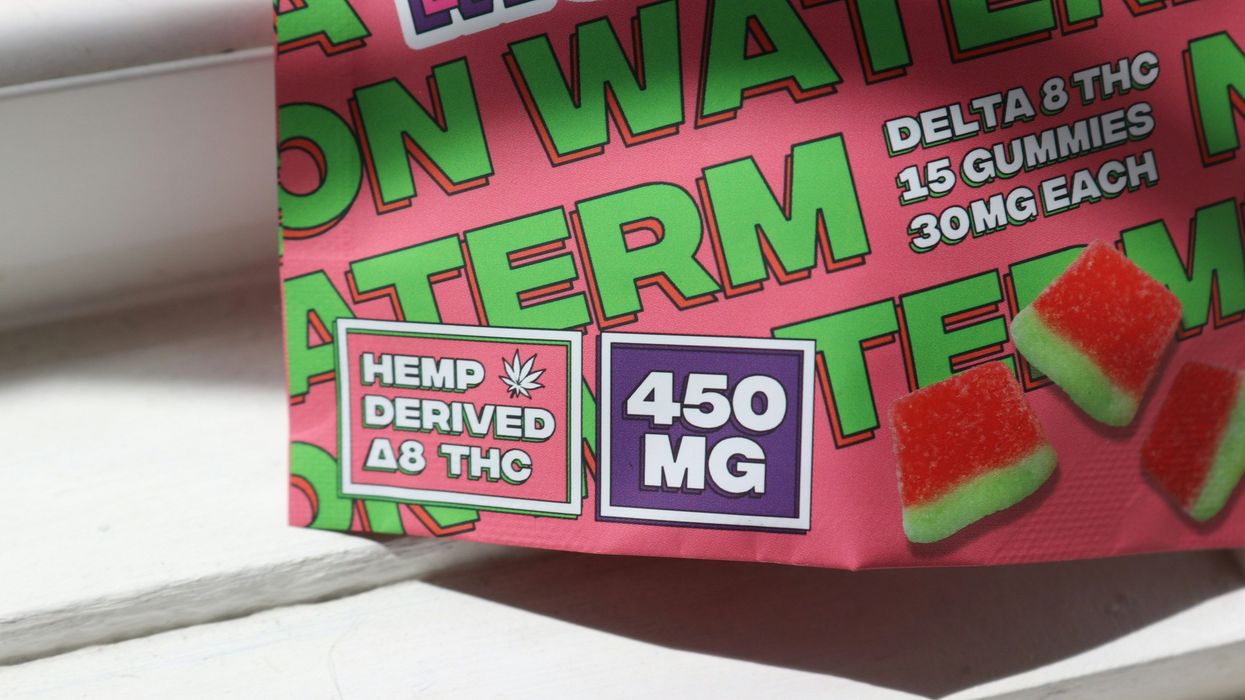




 11 Signs You've Greened Out and How to Handle It - The Bluntness
Photo by
11 Signs You've Greened Out and How to Handle It - The Bluntness
Photo by  11 Signs You've Greened Out and How to Handle It - The Bluntness
Photo by
11 Signs You've Greened Out and How to Handle It - The Bluntness
Photo by 
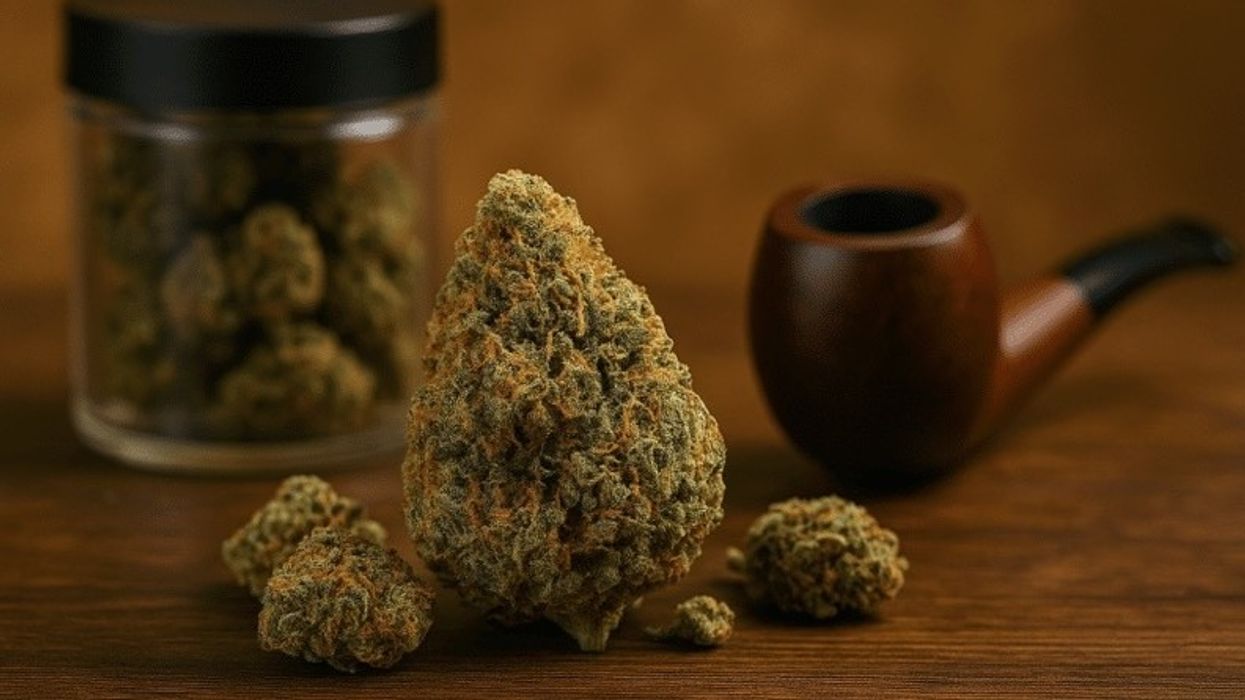





 What will you do with that cannabis kief collection? - Make Coffee! The Bluntness
What will you do with that cannabis kief collection? - Make Coffee! The Bluntness DIY: How to Make Kief Coffee - The Bluntness
Photo by
DIY: How to Make Kief Coffee - The Bluntness
Photo by 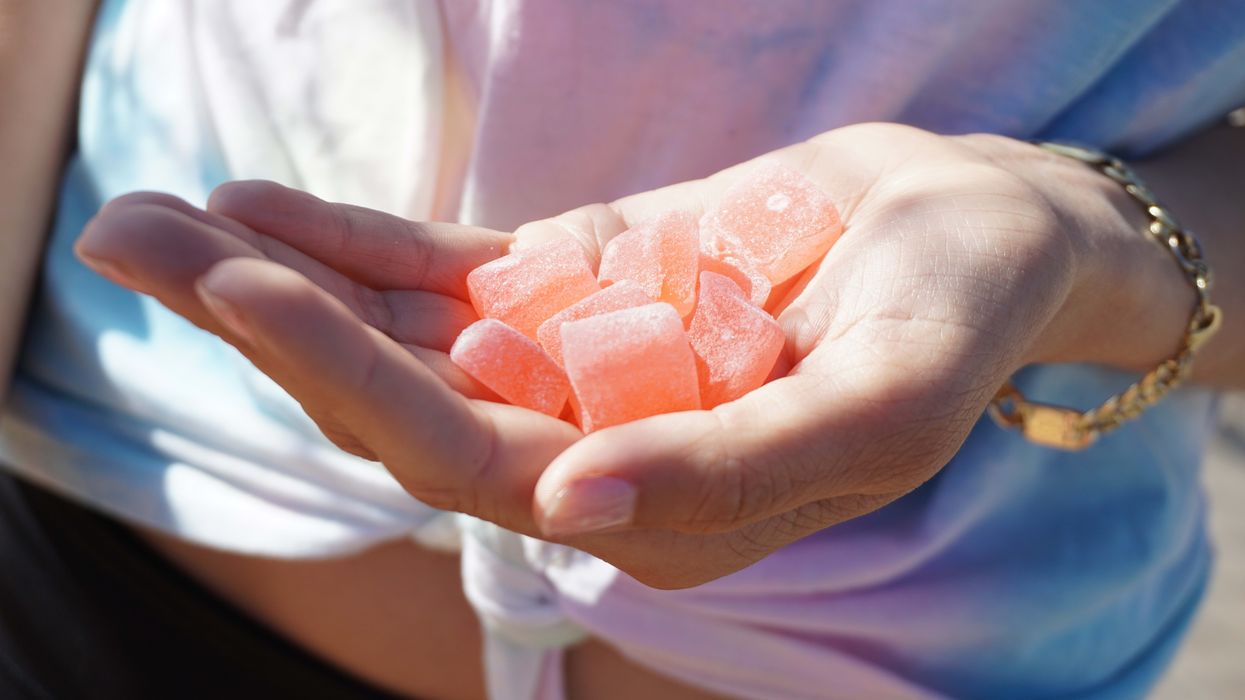
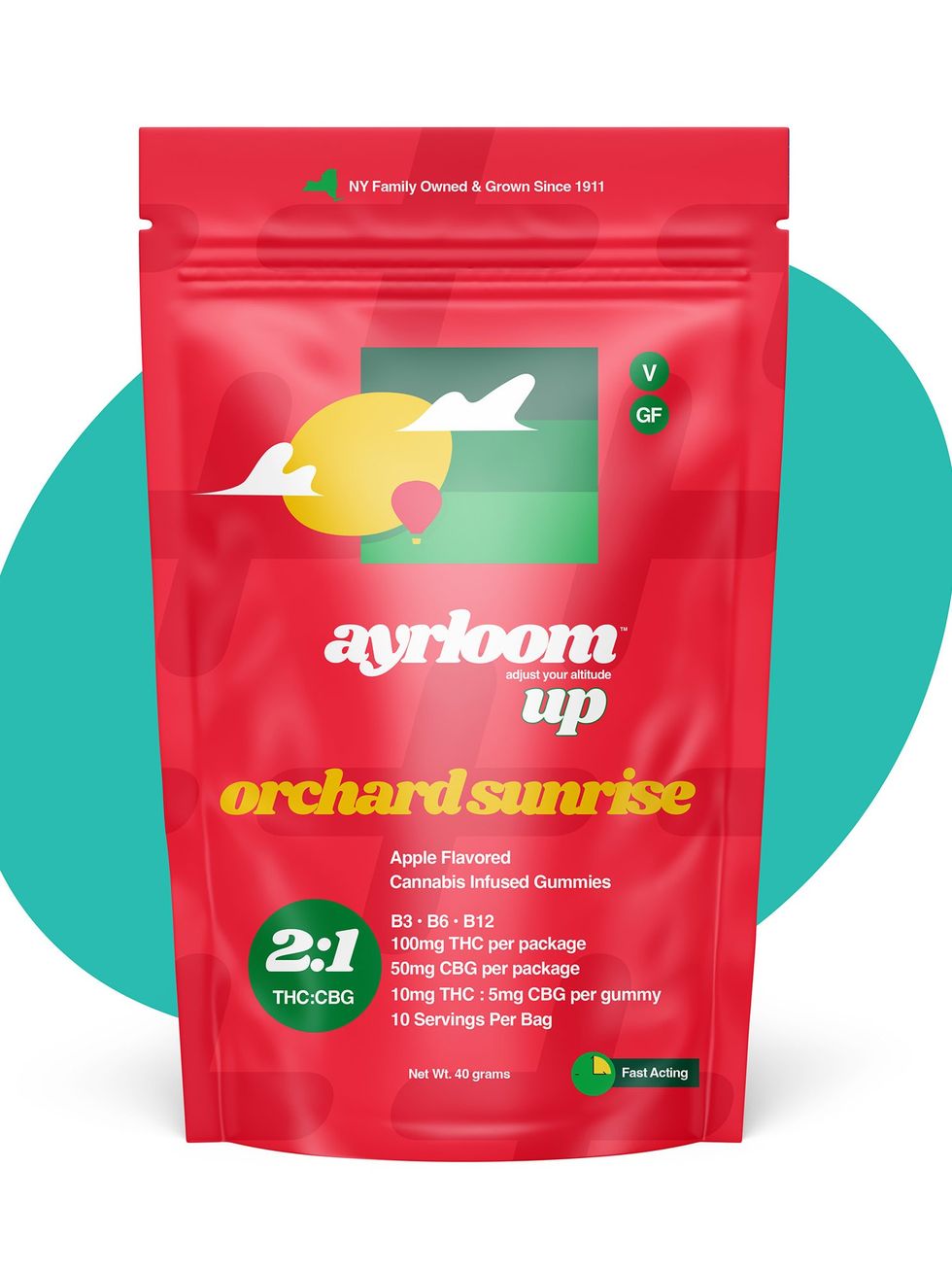 Ayrloom Orchard Sunrise Cannabis Infused Gummies
Ayrloom Orchard Sunrise Cannabis Infused Gummies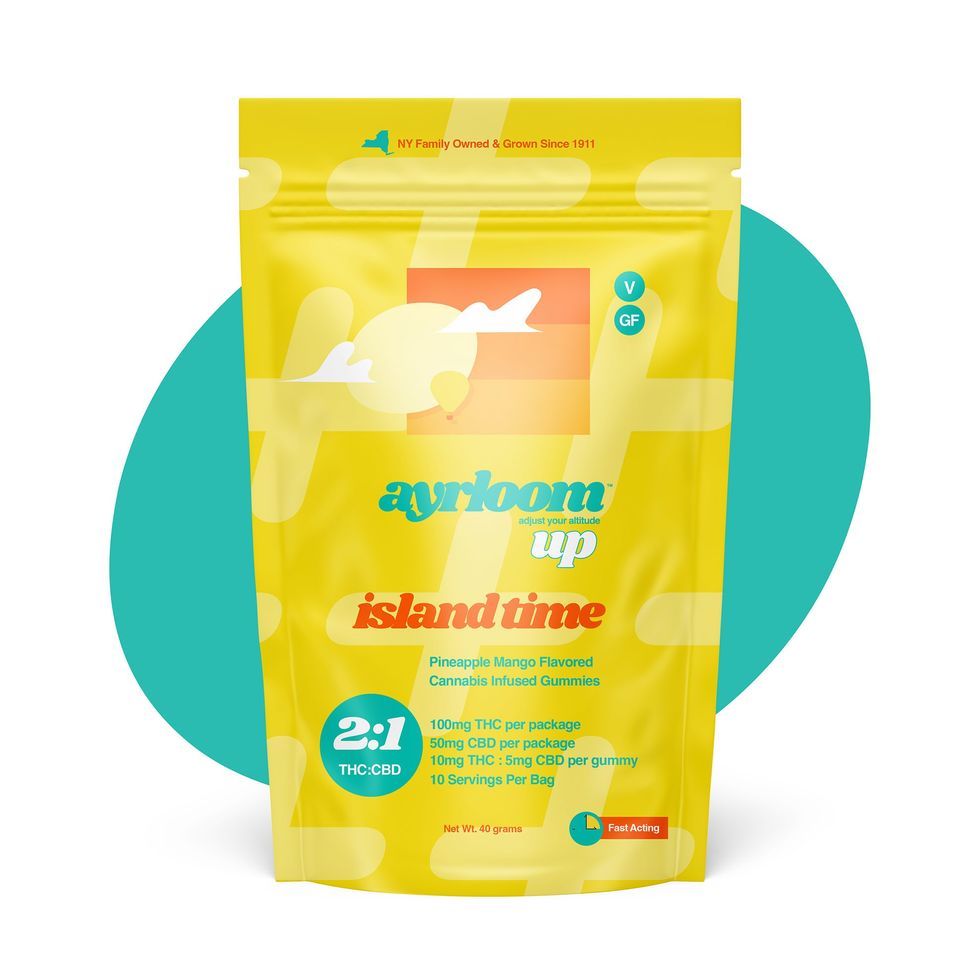 Ayrloom Island Time THC Gummies - Pineapple Mango Flavor
Ayrloom Island Time THC Gummies - Pineapple Mango Flavor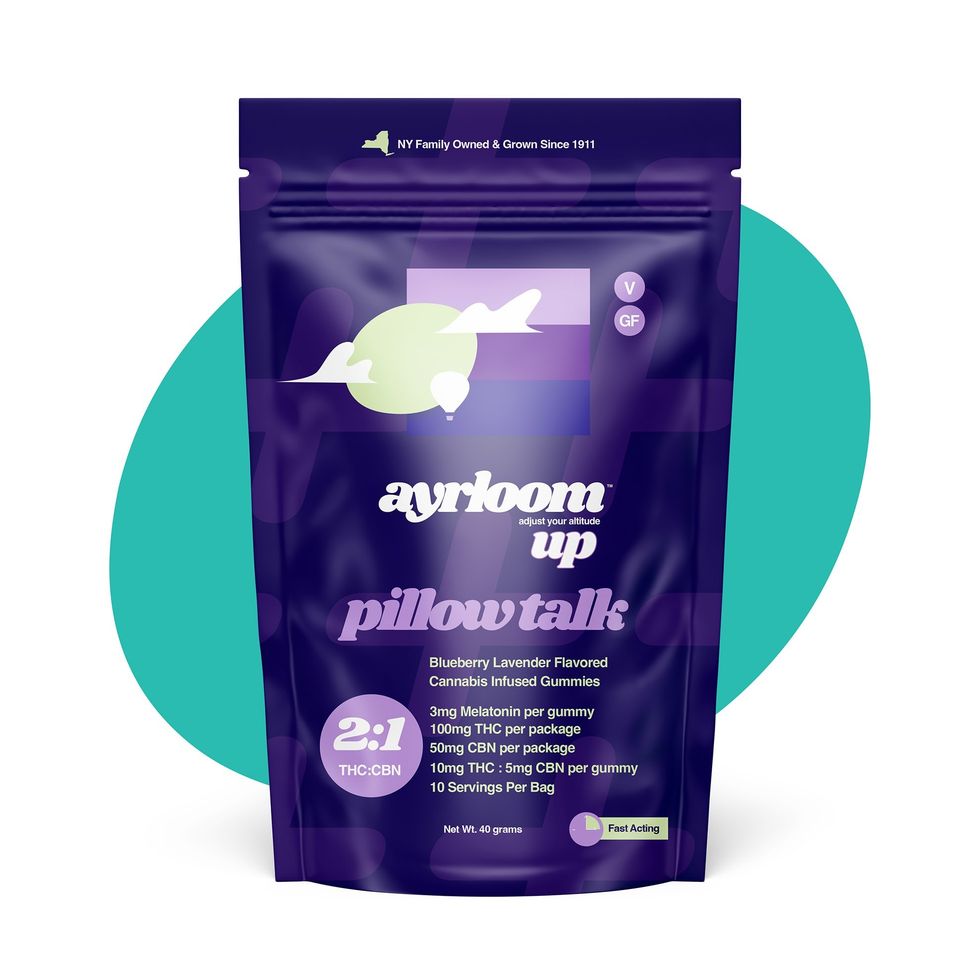 Ayrloom Pillow Talk - Sleep Gummies
Ayrloom Pillow Talk - Sleep Gummies 
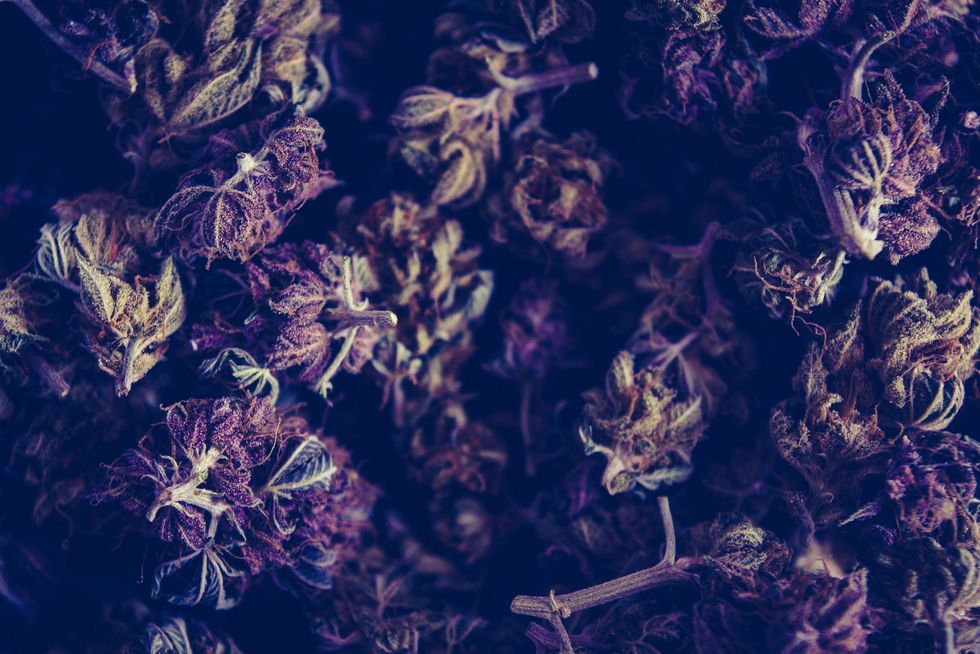 What is reggie weed? - The Bluntness
Photo by
What is reggie weed? - The Bluntness
Photo by 
 Recognizing the Signs of Antisocial Behaviors - The Bluntness
Photo by
Recognizing the Signs of Antisocial Behaviors - The Bluntness
Photo by  Weed Makes Me Antisocial: What To Do - The Bluntness
Photo by
Weed Makes Me Antisocial: What To Do - The Bluntness
Photo by